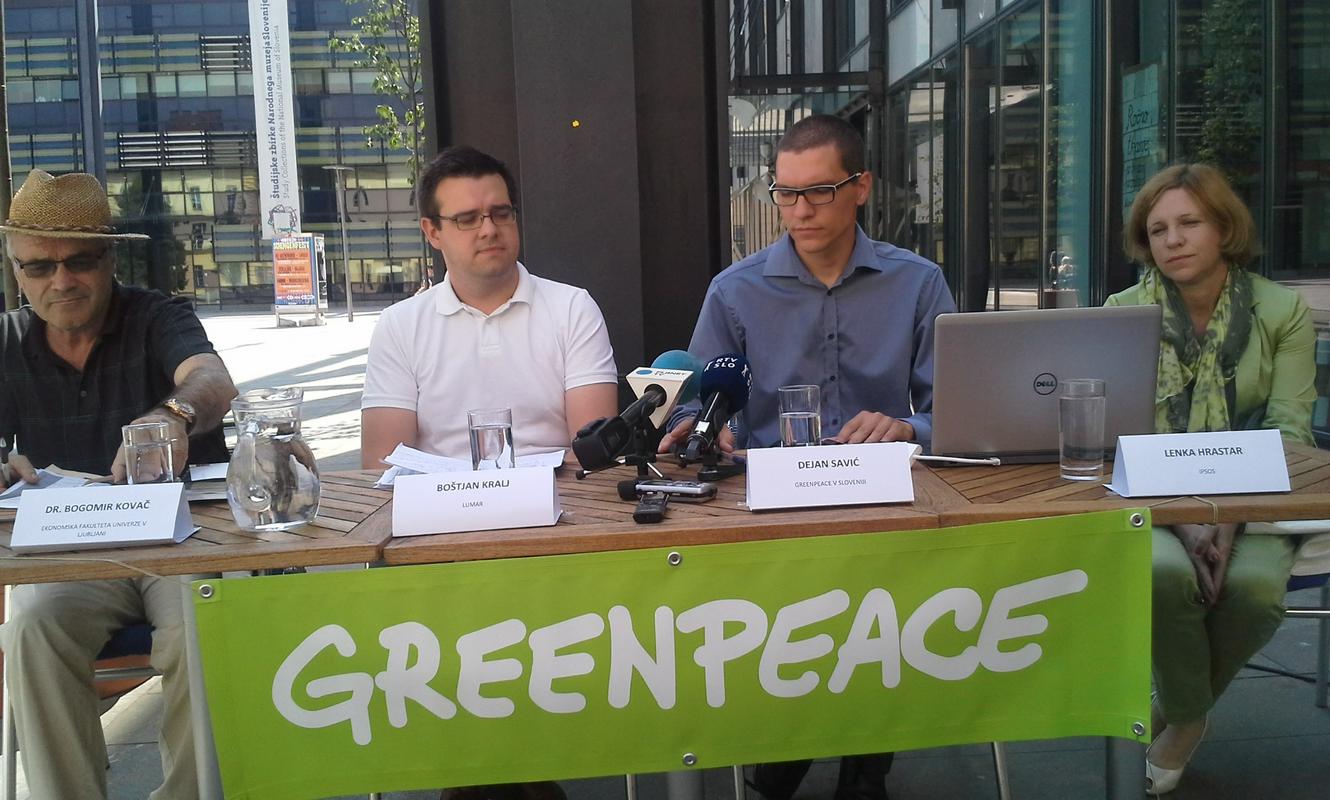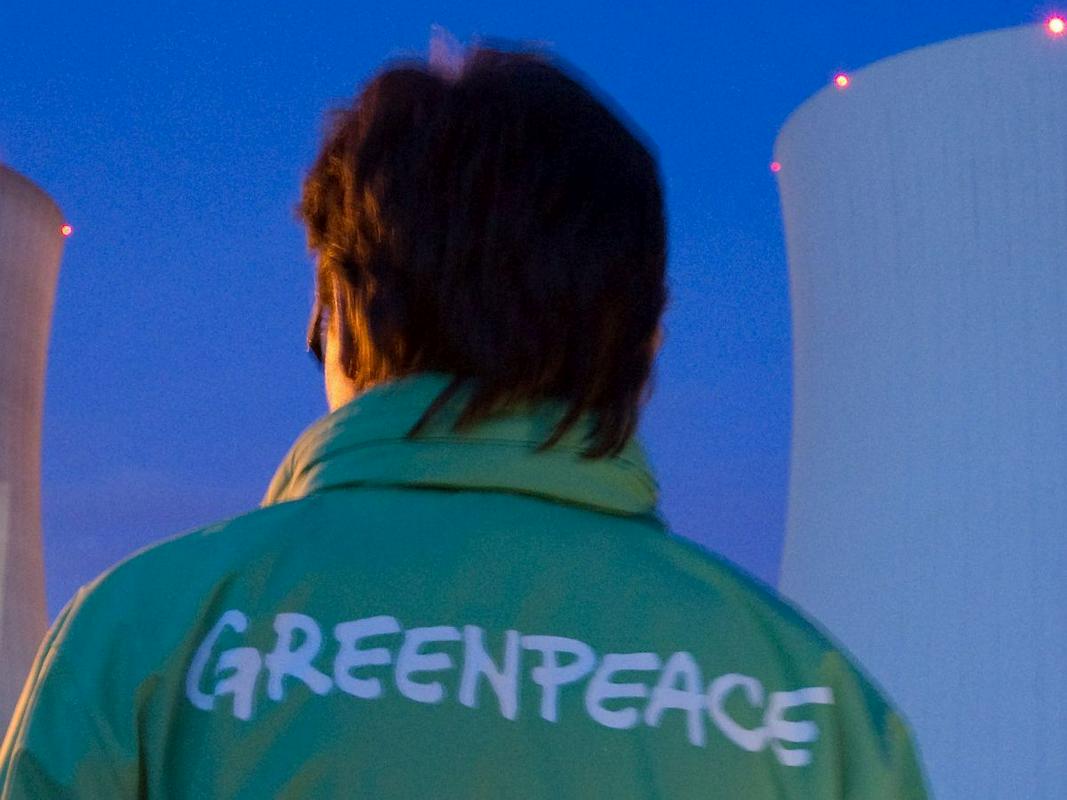

In the end of June Alenka Bratušek, PM performing regular duties, will probably for the last time represent Slovenia at the EU summit where the EU framework for climate and energy policy 2030 will be discussed, and in what way could Slovenia improve its energetic independence.
Greenpeace Slovenia has, in order to allow the PM to represent the will of the inhabitants of Slovenia, completed a survey on the opinion of Slovenian inhabitants on energetic independence and renewable sources. The survey showed that more than 80% of the Slovenians believe that the investments into production of renewable energy sources and reduction of energy losses would reduce Slovenian energetic dependence. More than 90% of the respondents consider it also a possible way out of crisis, and the source of new jobs.
Slovenians are in favour of investments into "green"
"Slovenia still keeps a low profile, while the public conviction is quite progressive. The Slovenian people are in favour of investments into renewable energy sources, they wish to achieve energy savings through technological modernisation, by investing into energetic efficiency, while none of the recent governments listened to them or represented them in the desired direction," said Dejan Savić, Greenpeace representative for energetics. Greenpeace believes our country should have a more constructive role in the EU, and more ambitious goals which would have a positive influence on the economy.
The next government should, while considering how to stimulate the economic growth, simultaneously consider stimulation of the green growth. It should concentrate on energetic sanitation of buildings, technological modernisation of industry which would reduce the import of energy and reduce cost of energy, and better on exploitation of renewable energy sources. "In Slovenia we have an enormous supply of energy sources we are not aware of," Savić pointed out.
Green economic growth is quite complicated
The economist Bogomir Kovač warned that the survey results show a substantial discrepancy between what people wish and what the politics can offer. Not even the EU is putting into effect the ambitious environmental plans, Slovenia much less.
"The green, sustainable development is much more complicated to achieve than ordinary growth, and consequently much more complex operational measures are required, better strategic leadership, and a high degree of participation from politics, society, and economic development. We need an operational strategy which the Slovenian government would be capable of implementing in the form of partnership cooperation. We can't succeed without a consensus on development on all fields, and without actual cooperation in practice," warns Kovač. The new government should pay more attention to that field, but – as Kovač claims – not much can be achieved by a couple of simple measures.
Gregor Cerar, MMC
Translated by G. K.

































































